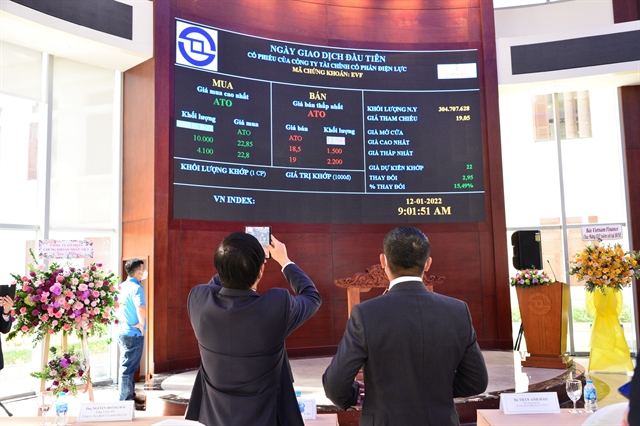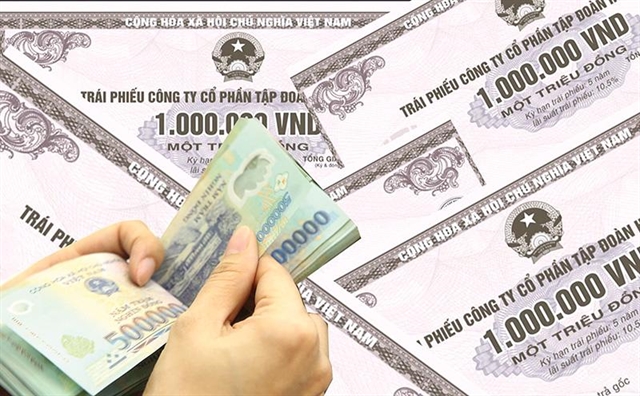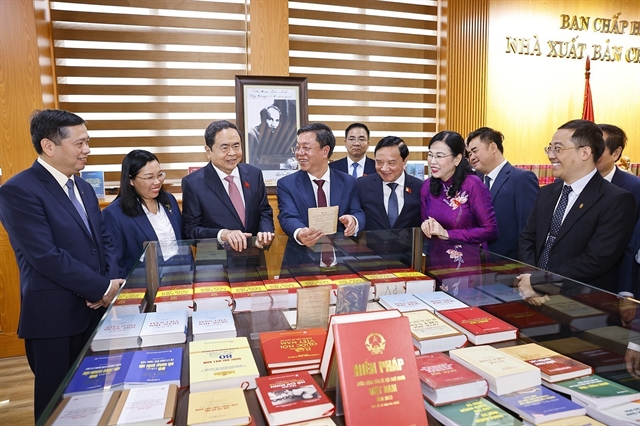

|
| State is not likely to limit number of houses traded by individuals. —VNA/VNS Photo |
HÀ NỘI — The Ministry of Construction (MoC) has dropped a proposal that each small-scale real estate trader can only sell or lease 3-5 houses a year.
This is an important change in the second version of the draft decree detailing implementation of articles of the revised Law on Real Estate Business, which was updated on the ministry's website on March 5.
The ministry is seeking public opinion until April 27 about the proposals in this draft.
In the first version of this draft, the ministry proposed that individuals could only sell and lease a maximum of five houses each year. However, this later raised many concerns about hindering business freedom, so the ministry removed this proposal in the second draft.
Experts say that the important issue is data management to control sales and rental quantities. In fact, without careful data control, individuals trading property can circumvent the law and ask someone to sign their name.
Therefore, it is necessary to tighten regulations managing brokerage activities such as requiring certificates and practice codes; coding transactions to have a database to manage these property trading transactions, Vietnam News Agency reported.
Data information systems relating to land and property products also need to be built, completed and interconnected. Then, it will be easy to compare and control real estate trading activities, and these specific regulations will be able to come into practice to ensure fairness.
The second draft also clearly states that organisations, households and individuals will be not required to establish an enterprise when they sell or lease real estate products that are not investment projects.
They will carry out transactions according to civil law and regulations on notarisation, and must declare and pay taxes according to existing regulations.
Lê Hoàng Châu, chairman of the HCM City Real Estate Association, has recommended that property trading activities should be controlled by the tax tool that the Ministry of Finance is proposing to develop into law.
Those who sell real estate products immediately after buying will be subject to higher tax rates than those who buy to live or to sell after living for a while.
Managing real estate transactions will also require support from regulations and national data systems on land and housing or electronic identification data. Then, it can reduce speculation, making the property market more transparent.
Expert Đinh Trọng Thịnh, Senior Lecturer at the Academy of Finance, said the most important thing now is to have a mechanism to ensure that individuals sell and buy property products publicly and fully pay taxes for those property transactions.
It is possible to consider increasing tax rates for cases of surfing investment of real estate products. Some countries have used tax tools to increase the costs of speculative activities and reduce the attractiveness of real estate speculation, according to Thịnh. — VNS




















